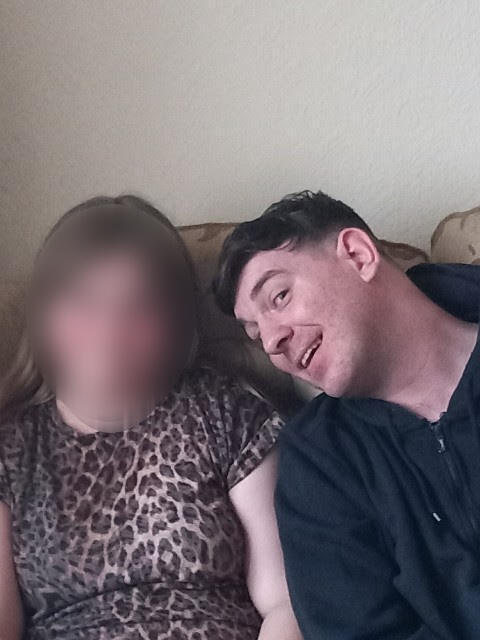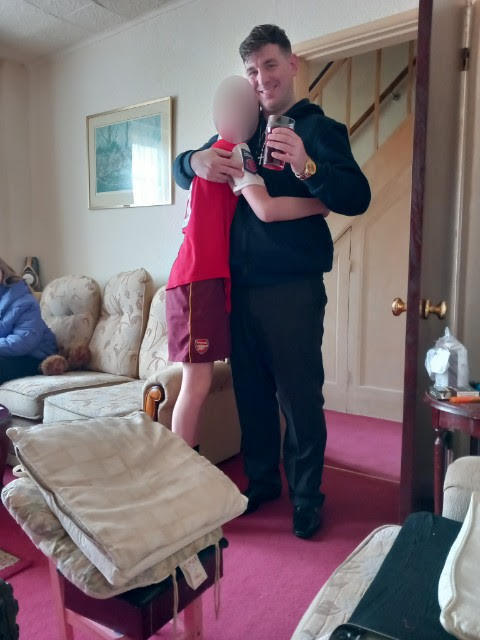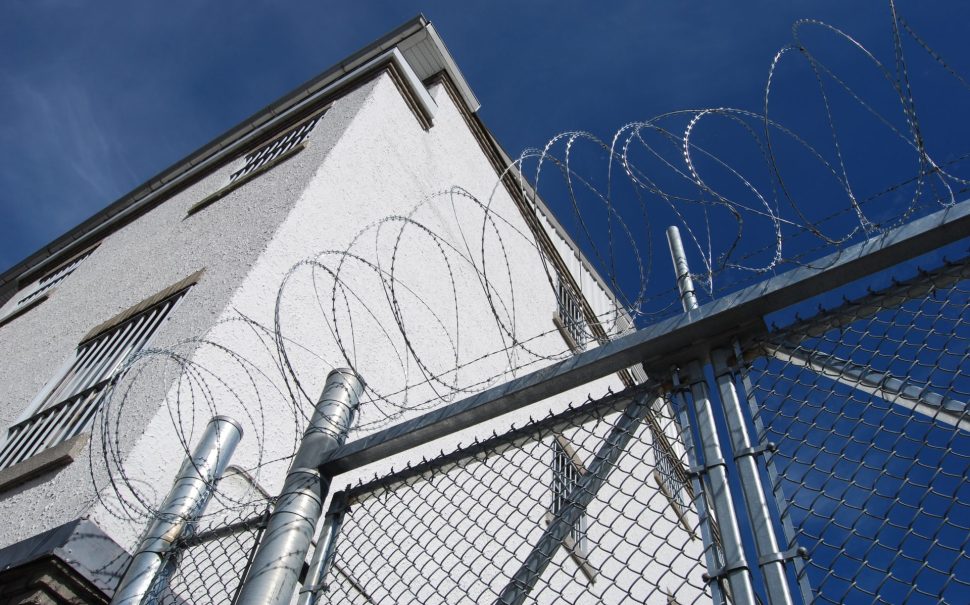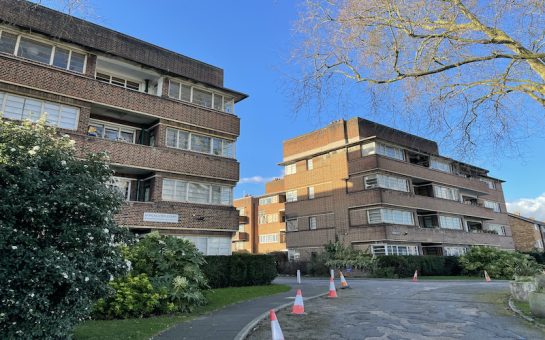A 30-year-old prisoner was released in south east London after spending nearly half his life behind bars because of a controversial sentence that was repealed in 2012.
Lawrence Owen was sentenced in 2010 for arson after setting fire to his flat and under Imprisonment for Public Protection (IPP) Lawrence was jailed with a minimum tariff of two and a half years.
He served over 13 in total: serving over 11 years before release but was then recalled for over a year.
Lawrence is one of the most recent victims of IPP sentences and his story has exposed the worst of their legacy.
The IPP sentence
Lawrence’s sentence, like all other IPPs, was underpinned by the assumption that he was an indefinite risk to public safety.
The bill was introduced in 2005, according to the Home Office of the time: “To ensure that the public are adequately protected from those offenders whose offences do not currently attract a maximum penalty of life imprisonment.”
The sentence was widely criticised as legally and practically untenable, but despite being repealled on 3rd December 2012, the repeal was not applied retrospectively with nearly 3,000 people still in prison at the time.
Of those, more than 1,300 people have never been released at all, according to a report from December 2022.
Chris Daw KC, an expert criminal defence lawyer said: “IPP sentences are one of the most serious and fundamental breaches of human rights in the UK since the Second World War.”
Before prison
A quiet, sensitive child, Lawrence was someone who didn’t get into trouble, according to his mum Alison Miles, 48.


From ages 12 to 17, Lawrence was placed in social care while his mum was in an abusive relationship, and Lawrence himself was emotionally abused.
Lawrence lost his grandfather and his aunt within a short time of each other while in care.
“He found it very hard to cope,” Miles explained.
He then tried to take his own life by setting fire to his flat loaned to him by the council.
After realising his mistake, Lawrence called 999.
He survived and no one was injured except for some precious possessions he inherited from his grandfather.
He was “a young child who had lost his family to the care system” and when he was sentenced to two and a half years, he lost them again.
In prison
While in prison Lawrence was moved many times around the country, far from his family being able to visit for months at a time, never receiving the mental health care he needed.
This came to a head when Lawrence tried to take his own life once again and his mum Alison received a call from HMP Swaleside, Kent saying: “You have a couple of hours to get here.”
Self harm is a problem among IPP prisoners.
The campaign group UNGRIPP found that there were nine self-inflicted deaths of people serving IPP in 2022.
This is the highest number of self-inflicted deaths in a single year since IPP was introduced.
Lawrence also witnessed self-harm, as his best friend also tried to kill himself.
IPP sentences are indeterminate in length and the sentence is recorded on the prison computer as 99 years, even for someone like Lawrence who needed professional care.
This extends after their sentence: they are subject to a whole-life licence after leaving and can be recalled at any time.
When they are released they are on licence for life but they are able to request that the licence is lifted after ten years, but often forbidden from any voluntary or paid work.
The recall
In January 2022 after his release Lawrence had a seizure on a train.
British Transport Police contacted Lawrence’s hostel and his mum to collect him and was admitted to hospital where he spent the night.
Lawrence’s probation officer saw this as a breach of his IPP licence conditions, because he had not returned to his authorised accommodation meaning he had to be imprisoned, his mum said.
Four days later, Lawrence was arrested for breaching his licence and returned to prison.
To date Lawrence’s licence manager never contacted Lawrence’s family to inform them of his recall or his exact licence conditions.
Lawrence’s family did not know where he was until he phoned his mum from prison a week later.
While in prison the second time Lawrence’s problems with self-harm continued.
After prison
Since leaving prison on 16th March, Lawrence can see his mum, spend time with his siblings who adore him and has a new probation officer.
He now volunteers at a charity for children with life-limiting conditions and lives in a hostel.
Lawrence and his family know first hand the knock-on effect of these highly controversial sentences on people’s lives.
When asked about these sentences Chris Daw KC said: “IPP is designed for these people to fail.”





Join the discussion